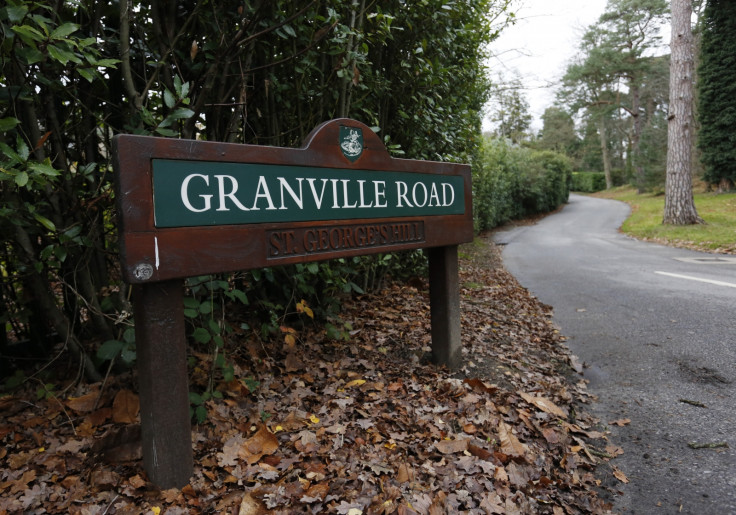Russian whistleblower Alexander Perepilichnyy may have died after eating 'vegetable poison'
Perepilichnyy was named as the source for a probe into an alleged Russian money-laundering operation.

A Russian whistleblower who had uncovered claims of large-scale corruption had traces of a poisonous plant in his stomach lining, an inquest has heard.
Alexander Perepilichnyy, 44, had been out jogging near his £3m Surrey mansion where he collapsed and died.
He had been assisting Swiss authorities expose an alleged £140m Russian money-laundering operation before he died. He was publicly named as the source that led to the Swiss criminal proceedings.
A court at the Old Bailey heard that Perepilichnyy had received threatening phone calls from an organised crime group and had taken out "multiple" life insurance policies before his death.
Bob Moxon Browne, QC, for Legal and General said: "The contents of Mr Perepilichnyy's stomach were flushed away very shortly after his death. There is no bag of stomach contents. There is a quantity of material that was subsequently retrieved from the stomach cavity."
Tests had shown a "suspect compound" that matched the atomic weight of a "vegetable poison", he said.
Moxon Browne said: "This is a case where Mr Perepilichnyy died of natural causes or he was murdered, and if he was murdered, it does seem very likely he was poisoned as opposed to any other method of bringing about his death.
"What we are talking about is a vegetable poison as opposed to being irradiated, or heavy metal or something."
The court was told of a "rumour" that Perepilichnyy had eaten a Russian soup containing sorrel for lunch just hours before he collapsed on 10 November 2012. The soup bore the same atomic weight as Gelsemium Elegans, a Chinese plant toxin found in the contents of Perepilichnyy's stomach.
But tests failed to establish beyond doubt the identity of the herb in his stomach contents, according to the Telegraph. Moxon Browne argued that the examination was either "not fit for purpose" or there was a "possibility somebody had substituted another vegetable matter for sorrel".
Fiona Barton QC, representing Surrey Police, said there was no proof that poison caused Perepilichnyy's death.
"Two autopsies have been carried out, the second specifically referred to whether he had been killed and, if so, the method of administration," she said.
"Following those autopsies, numerous samples were taken and subjected to analysis by experts of many disciplines. No identifiable toxin was found and that remains the case."
The full inquest is expected to take place from 5 June in London, and will take up to three to four weeks.
© Copyright IBTimes 2025. All rights reserved.






















